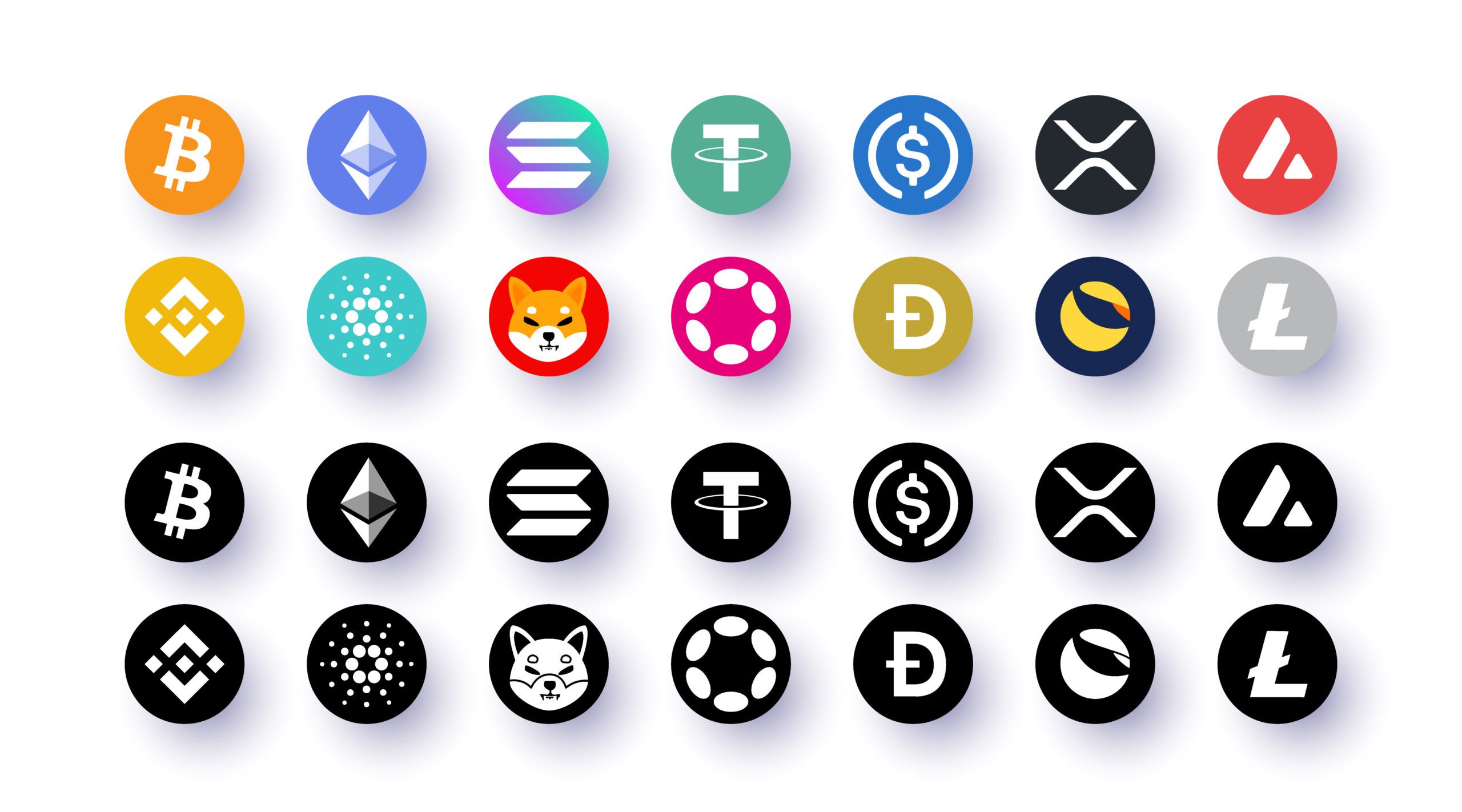Best Crypto Wallet for 2024 : Check Out Top Crypto Wallets


Table of Contents
What is a Crypto Wallet?
A crypto wallet is a software program or a physical device that allows users to securely store, send, and receive digital currencies (cryptocurrencies). It doesn’t physically store the currency itself, but rather the keys that enable users to access and manage their cryptocurrency holdings on the blockchain.
Think of a crypto wallet as your digital bank account, but instead of holding physical cash or cards, it stores your cryptocurrencies like Bitcoin, Ethereum, or any other digital currencies you might have.
Imagine it as a combination of a secure digital safe and a personal ledger. It keeps your private keys safe, which are essentially secret codes that allow you to access and manage your cryptocurrencies.
Like a physical wallet, you can send and receive different types of cryptocurrencies through your crypto wallet. Each transaction gets recorded on a public ledger known as the blockchain, showing that the ownership of the coins has changed from one wallet to another.
There are different types of wallets—some are software-based, like apps on your phone or computer, while others are hardware devices that resemble USB drives, providing an extra layer of security by keeping your keys offline.
| Wallet | Best For |
| Exodus | Beginners |
| Electrum | Bitcoin Traders |
| MyCelium | Mobile Wallet Users |
| Trezor | BTC HODLers, Crypto Traders |
| ZenGo | Everyone: From the crypto-curious to advanced users alike. |
Types of crypto wallets:
There are multiple types of wallets based on their storage specifications and crypto compatibility. However, each of these wallets is designed to run on blockchain network technology and enable faster and secure crypto transactions. So let’s get started explore each wallet in detail.
A) Hot Storage Crypto Wallets:
Desktop Wallets:
Desktop wallets are software applications installed on your computer, offering secure storage and control over your cryptocurrency. They can be either full-node wallets (which download the entire blockchain) or lightweight wallets that connect to external servers. Examples include:
- Electrum: Known for its speed and security, it’s a lightweight wallet supporting Bitcoin.
- Exodus: A user-friendly wallet supporting multiple cryptocurrencies with a sleek interface.
Insights & Advice: Ensure regular backups of your desktop wallet and keep your computer secure with updated antivirus software to mitigate the risk of malware or hacking.
Web Wallets:
Web wallets are accessed through a web browser, providing convenient access to your cryptocurrencies from anywhere. However, they’re vulnerable to online threats and hacking attempts. Examples include:
- MetaMask: Popular for Ethereum and ERC-20 tokens, it’s a browser extension facilitating access to decentralized applications (dApps).
- Blockchain.com: Offers a web wallet with multi-currency support and intuitive features.
Insights & Advice: Use web wallets for small, convenient transactions, but avoid storing large amounts due to potential security vulnerabilities. Enable two-factor authentication (2FA) and use reputable platforms with a history of security practices.
Mobile Wallets:
Mobile wallets are smartphone apps designed for easy access and on-the-go transactions. They’re convenient but come with risks if the device is lost or compromised. Examples include:
- Trust Wallet: Supports various cryptocurrencies and enables easy interaction with decentralized applications.
- Coinomi: Offers multi-asset support with a focus on security and privacy.
Insights & Advice: Keep your mobile wallet app updated, use a strong PIN or biometric authentication, and consider enabling remote wipe capabilities in case of a lost device.
B) Cold Storage Crypto Wallets:
Hardware Wallets:
Hardware wallets are physical devices that store your private keys offline, providing maximum security against online threats. They’re considered one of the safest options for storing cryptocurrencies. Examples include:
- Ledger Nano S/X: Well-known for its security features and support for multiple cryptocurrencies.
- Trezor: Offers a user-friendly interface and robust security measures.
Insights & Advice: Purchase hardware wallets from official sources, set up a strong PIN, and keep the recovery seed phrase offline in a secure location.
Paper Wallets:
Paper wallets involve printing your keys or QR codes on paper. They’re completely offline and immune to online hacking but require careful handling and protection from physical damage or loss.
Insights & Advice: Generate paper wallets using reputable services offline, store them in a secure, waterproof container, and consider creating multiple copies stored in different secure locations.
C) Hosted Wallets:
Exchange Wallets:
Wallets provided by cryptocurrency exchanges fall under hosted wallets. While convenient for trading, they pose security risks as they store your private keys on their servers, making them susceptible to hacking attempts.
Insights & Advice: Limit the amount of cryptocurrency stored on exchanges for trading purposes and consider withdrawing to a more secure wallet for long-term storage.
D) Decentralized Wallets:
Decentralized Finance (DeFi) Wallets:
These wallets give users complete control over their keys and assets, enabling direct interaction with decentralized applications and financial services without intermediaries.
Insights & Advice: Use decentralized wallets to maintain control over your assets and exercise caution when interacting with new or unaudited smart contracts.
